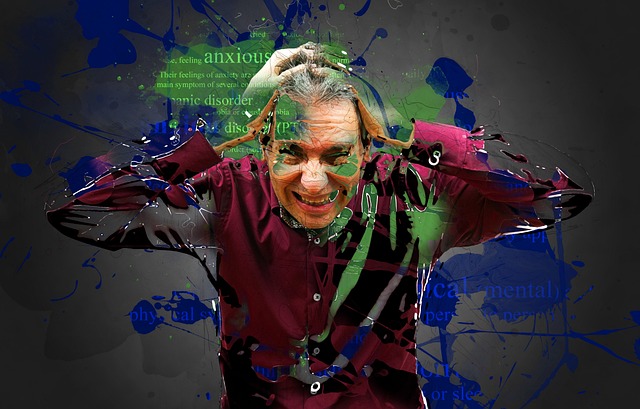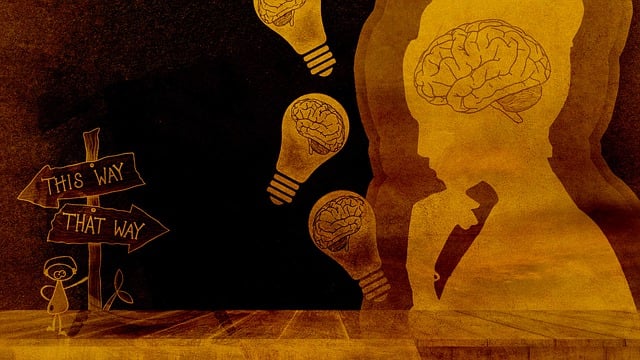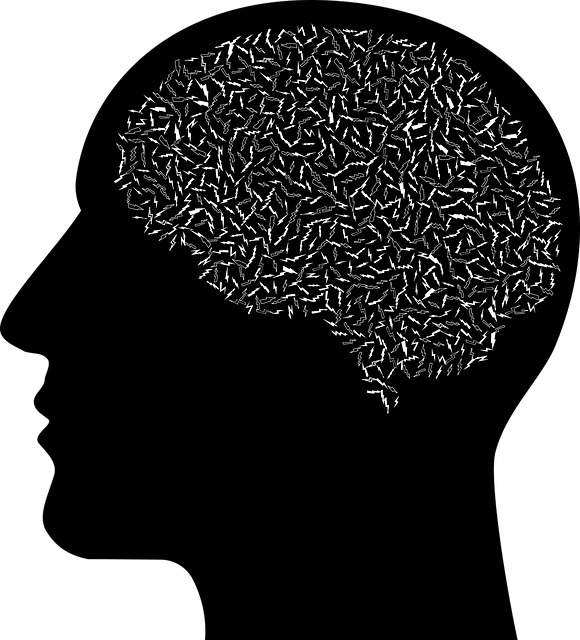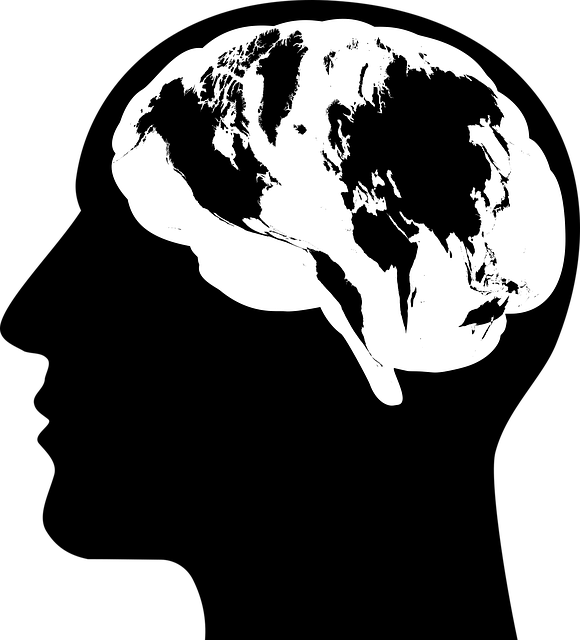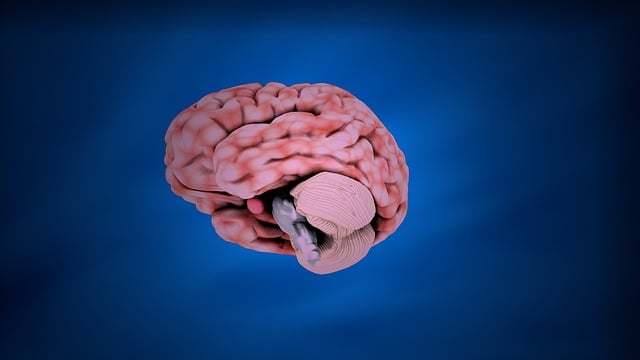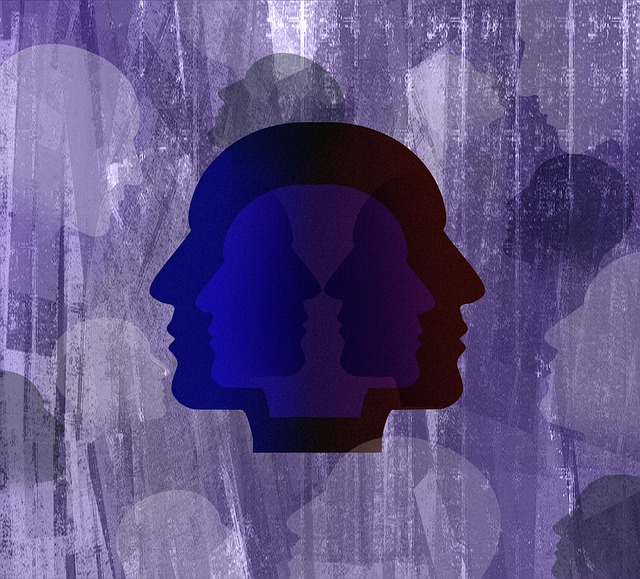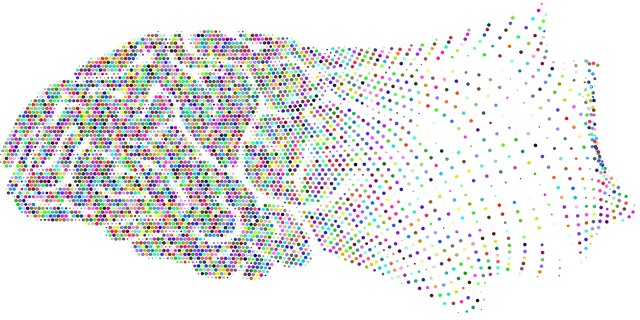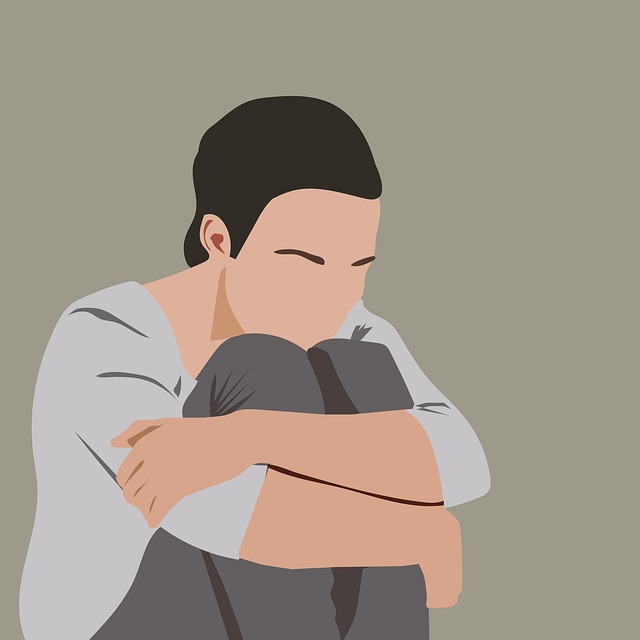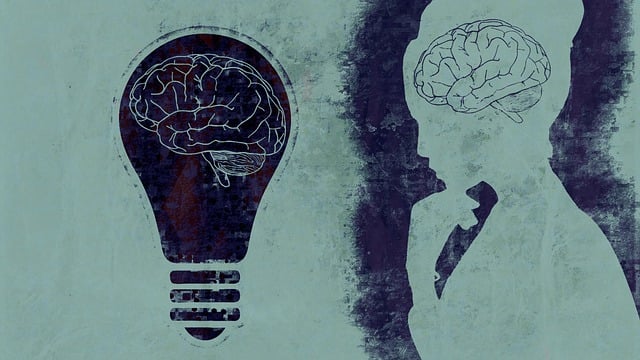Cultural competency in healthcare, as exemplified by Highlands Ranch Bipolar Disorder Therapy, goes beyond treating symptoms by respecting and understanding diverse cultural backgrounds. Patient outcomes improve significantly when healthcare providers acknowledge and address individual differences shaped by ethnicity, religion, socio-economic status, and personal history. Integrating holistic approaches like emotional regulation techniques and mental wellness podcast series into training equips providers to serve diverse populations effectively. Continuous education through initiatives like podcasts and workshops mitigates biases, fostering an inclusive environment that enhances care for Highlands Ranch residents seeking bipolar disorder therapy. Tailored therapy sessions, cultural sensitivity training, and stress reduction techniques empower clients to manage bipolar disorder while affirming their unique identities. Regular, interactive training on empathy and diverse perspectives is crucial for healthcare professionals in Highlands Ranch to deliver compassionate, culturally-tailored care, ultimately improving outcomes for diverse communities.
In today’s diverse healthcare landscape, cultural competency is essential. Understanding and addressing patient needs across various cultural backgrounds improves care quality and outcomes. This article explores these nuances through three key sections. We delve into the significance of cultural competency, examining how biases and stereotypes impact patient care, as seen in a case study on Highlands Ranch Bipolar Disorder Therapy. Additionally, effective training strategies for healthcare providers are discussed to enhance cultural sensitivity, ensuring optimal care for all patients.
- Understanding Cultural Competency in Healthcare: Addressing Diverse Needs
- The Impact of Cultural Biases and Stereotypes on Patient Care
- Highlands Ranch Bipolar Disorder Therapy: A Case Study in Cultural Sensitivity
- Effective Training Strategies for Healthcare Providers to Enhance Cultural Competency
Understanding Cultural Competency in Healthcare: Addressing Diverse Needs

Cultural competency in healthcare is a crucial aspect that goes beyond treating symptoms and focuses on understanding and respecting diverse cultural backgrounds, beliefs, and values. In Highlands Ranch Bipolar Disorder Therapy, for instance, recognizing and addressing cultural differences can significantly enhance patient outcomes. Every patient comes with their own unique experiences shaped by their ethnicity, religion, socio-economic status, and personal history, all of which influence their perception of health, illness, and healing.
By incorporating emotional regulation techniques, resilience building strategies, and mental wellness podcast series production into cultural competency training, healthcare providers can better serve a diverse range of patients. These approaches cater to the holistic needs of individuals, promoting not just physical health but also mental wellness. Understanding and adapting practices to accommodate various cultural contexts fosters an inclusive environment where every patient feels heard, respected, and supported in their journey towards optimal mental health.
The Impact of Cultural Biases and Stereotypes on Patient Care

Cultural biases and stereotypes can significantly impact patient care, especially when healthcare providers unconsciously let their preconceived notions influence their interactions with diverse patients. This is particularly concerning in communities like Highlands Ranch where demographics are varying, including a growing number of individuals seeking therapy for conditions such as bipolar disorder.
When providers allow cultural biases to affect their approach, it can lead to misdiagnoses, inadequate treatment plans, and a lack of empathy. For instance, stereotypes about mental health issues prevalent in certain cultures might result in undervaluing or misinterpreting a patient’s symptoms, hindering effective treatment. This is particularly critical when addressing complex conditions like bipolar disorder, which requires tailored and compassionate care to ensure improved mental wellness outcomes. Effective solutions involve continuous education through initiatives such as the Mental Wellness Podcast Series Production, Community Outreach Program Implementation, and self-esteem improvement workshops to mitigate these biases and foster a more inclusive healthcare environment.
Highlands Ranch Bipolar Disorder Therapy: A Case Study in Cultural Sensitivity

In Highlands Ranch, a community known for its vibrant and diverse population, bipolar disorder therapy has emerged as a cornerstone of mental health support. This case study highlights the importance of cultural sensitivity in treating individuals living with bipolar disorder, focusing on how therapists can adapt their approaches to meet the unique needs of each client. By integrating cultural competency training, therapists in Highlands Ranch are better equipped to address the complex interplay between mental health and cultural identity.
Through tailored therapy sessions, emotional regulation techniques, and self-care routine development for better mental health, therapists play a vital role in helping clients manage symptoms. Additionally, stress reduction methods are integral to the treatment plan, as they empower individuals to cope with life’s challenges while fostering resilience. By recognizing and respecting cultural differences, Highlands Ranch bipolar disorder therapy ensures that care is not only effective but also culturally affirming, ultimately contributing to improved outcomes and enhanced well-being for all clients served.
Effective Training Strategies for Healthcare Providers to Enhance Cultural Competency

Effective training strategies for healthcare providers are essential to enhance cultural competency, especially in diverse communities like Highlands Ranch where bipolar disorder therapy might be needed. Interactive workshops that focus on building empathy and understanding unique cultural perspectives can significantly improve patient care. These sessions should incorporate real-life scenarios and role-playing exercises to help providers navigate complex interpersonal dynamics.
Integrating Mind Over Matter principles into the curriculum encourages a holistic approach to stress management within these interactions. Moreover, regular training sessions that delve into specific cultural practices, beliefs, and communication styles can foster an environment of cultural sensitivity. Stress Management Workshops Organization initiatives, for instance, can provide valuable tools for healthcare professionals aiming to offer compassionate care tailored to diverse patient needs, ultimately improving healthcare outcomes in communities such as Highlands Ranch.
Cultural competency training is a game-changer in healthcare, ensuring providers can offer sensitive and effective care to a diverse range of patients. As seen in the case study of Highlands Ranch Bipolar Disorder Therapy, understanding cultural nuances can significantly impact positive patient outcomes. By addressing biases and stereotypes head-on, healthcare professionals can create an inclusive environment that respects different backgrounds and beliefs. Effective training strategies, such as role-playing and cultural awareness workshops, empower providers to navigate complex situations with empathy and skill, ultimately enhancing the quality of care for all patients, including those from diverse ethnic, racial, and cultural groups.
